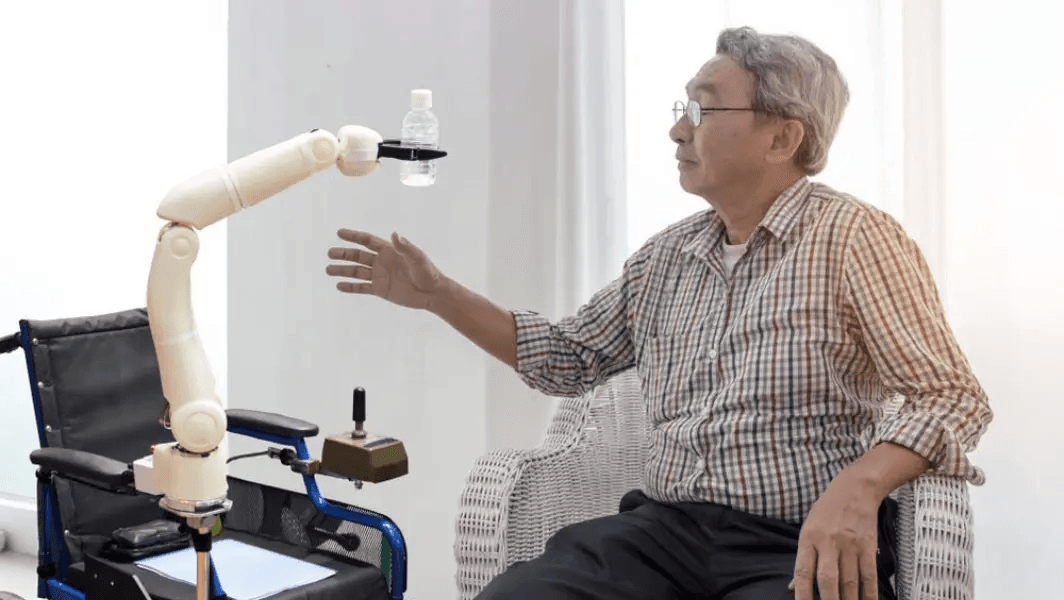
China Turns to AI for Elder Care Amid Aging Population Challenge
Government Accelerates AI and Big Data Integration to Support Elderly Services
China, the world’s most populous country, is facing a demographic shift with over 310 million people aged 60 and above. The nation’s birth rate has been declining for years, and in 2024, China’s population shrank for the third consecutive year. This trend has raised concerns over workforce shortages, increased pressure on social services, and the long-term sustainability of economic growth.
To address these challenges, the Chinese government is turning to artificial intelligence (AI) and big data to enhance elder care and social services. By integrating AI-driven solutions, officials aim to make these services more accessible, efficient, and standardized, ensuring better care for the elderly while mitigating the economic strain caused by an aging workforce.
China’s AI-Driven Elder Care Strategy
During China's annual "Two Sessions" political gathering, Lu Zhiyuan, the Minister of Civil Affairs, announced plans to accelerate the development and application of AI and big data in elderly care, social assistance, and disability services. These technological advancements will streamline caregiving, improve accessibility, and create standardized support systems for the aging population.
As workforce numbers dwindle, China sees AI as a key driver of future economic growth. President Xi Jinping has urged private companies to actively participate in this transformation, highlighting AI as a national priority.
DeepSeek and the Role of Chinese Tech Giants
China’s AI advancements have been gaining momentum despite US-imposed restrictions on advanced AI chips. One standout player is DeepSeek, a Chinese AI company that has rapidly integrated its chatbot model into local government services. Since its latest version was launched in January 2025, DeepSeek’s AI has been widely adopted, often outperforming Western competitors.
Recognizing the strategic importance of AI, President Xi Jinping recently convened a high-profile symposium with China’s top technology leaders, including representatives from Tencent, Huawei, and Xiaomi, alongside DeepSeek’s founder Liang Wenfeng. Xi encouraged these companies to "show their talents" and drive innovation in AI-powered services.
AI: A Solution for China’s Aging Workforce?
With a shrinking labor pool, China is increasingly dependent on AI to enhance productivity, reduce reliance on human caregivers, and optimize social welfare services. The latest push in AI-backed elder care is part of a broader strategy to ensure economic stability while addressing the growing needs of an aging society.
As China continues its rapid AI development, its approach to elder care could serve as a model for other aging economies worldwide, showcasing how technology-driven solutions can support demographic challenges and economic sustainability.
For any enquiries or information, contact info@thelawreporters.com or call us on +971 52 644 3004. Follow The Law Reporters on WhatsApp Channels